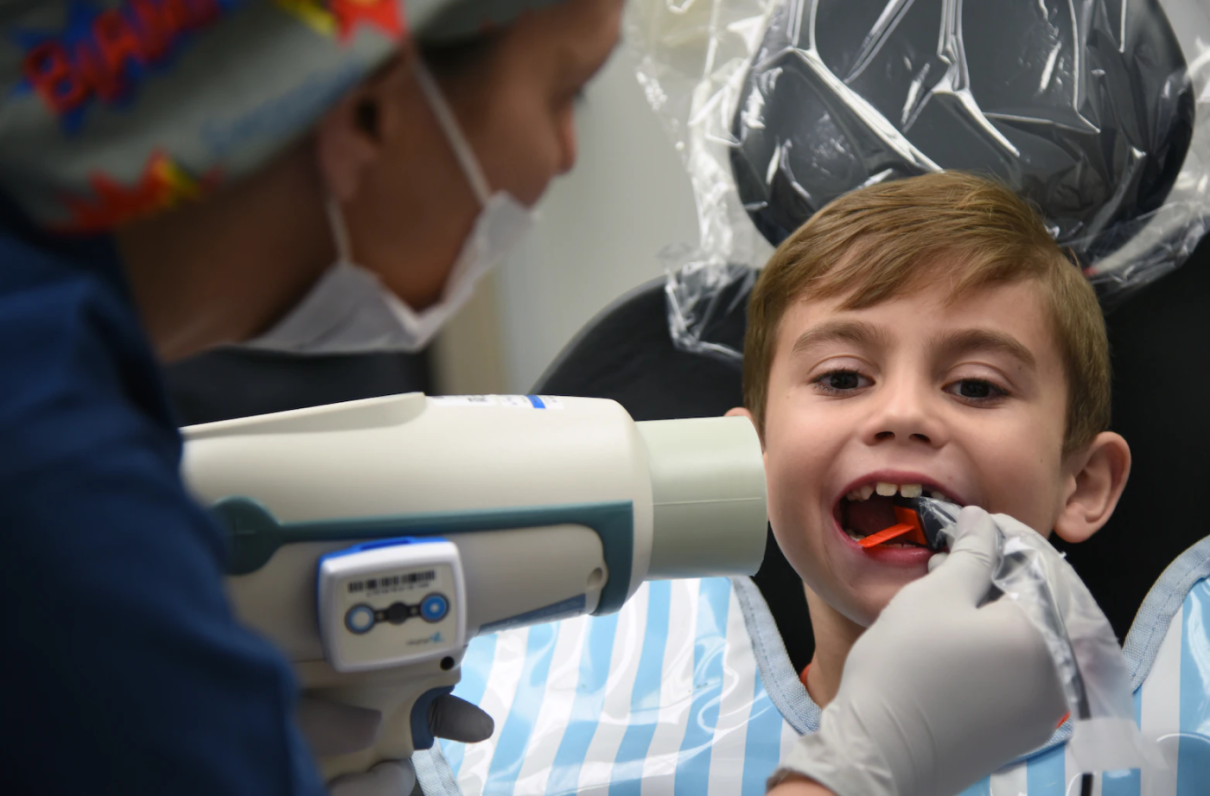Uniformed services families plagued by access problems with the TRICARE Dental Program (TDP) may get relief – and more coverage choices – if a Senate provision is included in the final version of the FY 2023 National Defense Authorization Act (NDAA).
The Senate Armed Services Committee (SASC) markup includes a provision (Section 701, Improvements to the TRICARE Dental Program) injecting competition and choice into dental plan coverage for active duty family members as well as reserve component servicemembers and their families.
This provision would not impact uniformed services retirees, who would remain eligible for FEDVIP dental plans.
[NOV. 1 MOAA WEBINAR: What You Need to Know About Medicare, TRICARE, and FEDVIP Open Season]
Administration of TDP transitioned to United Concordia in May 2017, and many uniformed services families lost their providers when dentists left the network due to reimbursement rate cuts. Some high-concentration military areas such as Fort Leavenworth, Kan., and the Tidewater region of Virginia were left with few in-network dentists.
To address these problems, Section 701 outlines a new construct for TDP that would:
- Transition administrative functions, such as enrollment, eligibility, and encounter management, to a third-party administrator.
- Give beneficiaries dental plan options from at least four national dental insurance carriers, who would manage provider networks and other dental care delivery matters including covered services and coordination of benefits.
- Allow for enrollment in either a standard plan or a “high option plan that provides more covered services.”
- Control premiums and copayments for junior enlisted families (E-4 and below).
[RELATED: Help MOAA Reverse Planned Cuts to Your TRICARE Pharmacy Benefit]
DoD pays a portion of TDP costs through a premium contribution – 60% of the monthly premium for most beneficiaries, leaving the servicemember to pay 40%. For the 2022-2023 enrollment period, active duty servicemembers pay $11.94 per month for single coverage (e.g., for a spouse or child only) or $31.04 for family coverage.
Under the new TDP construct, DoD would continue to make a 60% premium contribution for the cost of standard coverage. Enrollees would cover additional costs associated with high option plans.
MOAA appreciates the SASC's efforts to address access challenges stemming from the 2017 transition to United Concordia. MOAA's goal is to ensure active duty families, along with reserve component servicemembers and their families, have an affordable, quality dental plan with a robust network of dental providers maintained over time for continuity of care.
We appreciate the improvements outlined in Section 701, including a choice of carriers (intended to drive competition and ensure network quality) as well as out-of-pocket cost protections for junior enlisted families. MOAA remains concerned about premium costs and urges Congress to ensure dental coverage remains affordable for all uniformed services families.
If this solution moves forward, we urge Congress to remain engaged and committed to assuring affordable premiums and cost sharing, and to addressing issues that arise during implementation.
More Members Mean More Influence Over Our Health Care
Get involved and make sure your interests are addressed. Because the larger our voice is, the greater our impact will be.

